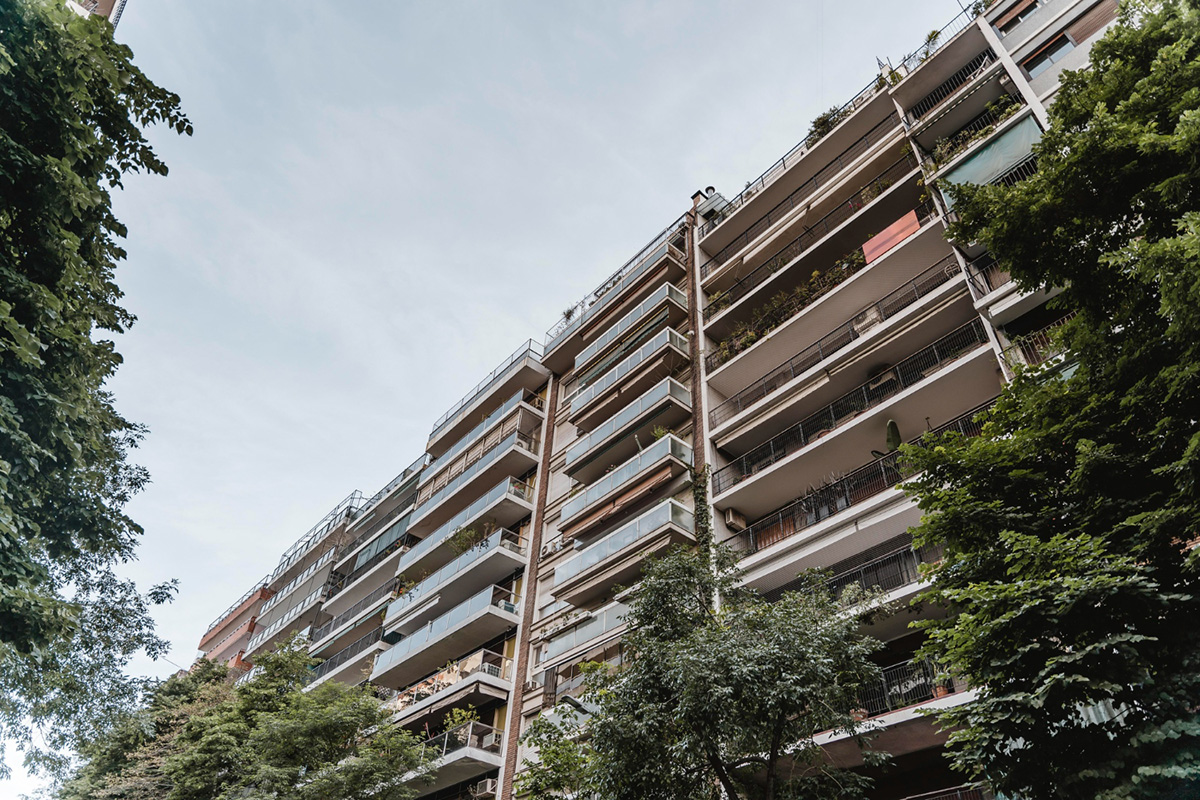Understanding the Difference Between Condo Claims and Home Claims

Home and condo insurance policies might seem similar, but they have some significant differences in terms of coverage. When unfortunate incidents such as fire, water damage, theft, or other hazards occur, it is essential to know the distinctions between homeowner and condo insurance policies. This knowledge can help you decide when to call a public claims adjuster in Florida, and what you can expect from the insurance company.
1. Ownership and Liability
The primary difference between a condo and a home insurance policy is the ownership and liability aspect. Homeowners own their property, structures, and land, while condo owners usually own their unit. This means that the insurance covers a different scope of risks. For homeowners, insurance typically covers the entire property, including the house, garages, sheds, pools, and other structures within the property lines. On the other hand, condominium insurance is restricted to the interior of the unit itself and may cover other shared areas like hallways, elevators, and lobbies.
2. Maintenance Expenses
Another significant difference between homeowners and condo insurance is regarding maintenance and repair expenses. For homeowners, any property damage outside their home is their responsibility, and their insurance policy usually covers their entire property. In contrast, for condo owners, the insurance policy may cover various structural damages to the interior and shared spaces. However, condo owners are responsible for insuring their belongings, such as furniture, electronics, and any other items inside the condo.
3. Association Insurance
Since condo owners share spaces with other unit owners, it is the responsibility of the homeowner association to purchase master insurance coverage that covers the shared areas of the building. This master insurance policy is purchased by the condo owner association and covers the property's exterior, including roofs, physical structures, and common areas. Individual condo policies may differ in regards to structural damage.
4. Specific Forms of Coverage
Further, condo insurance requires specific forms of coverage such as the HO-6 policy, which typically includes liability coverage, personal property coverage, and structural coverage, including shared spaces. It is essential to talk to your insurance agent to guarantee you have the correct type of policy that covers your condo owner obligators. Homeowner insurance, on the other hand, is typically covered by an HO-2 or HO-3 policy. It includes coverage for physical property, liability, and additional living expenses if you are displaced from your home due to an insured event.
5. Seeking a Claim
When dealing with insurance claims, it is essential to know how the occupancy and maintenance regulations apply to your specific policy type. For condo insurance, the homeowner association usually contacts the insurance company and files a claim on behalf of the unit owners. For homeowner insurance, the policyholder files the claim themselves.
Conclusion
As homeowners and condo owners have different insurance policies, it is fundamental to understanding the difference between the two to avoid any discrepancies when claiming damages. A public claims adjuster in South Florida can help you through the process of filing a claim. Five Star Claims Adjusting is here to help you with any insurance claims you may require to restore your property to its full functionality. If you're looking for public claims adjuster in South Florida, feel free to contact us today to schedule your free inspection, and see how we can assist with your claims process.
